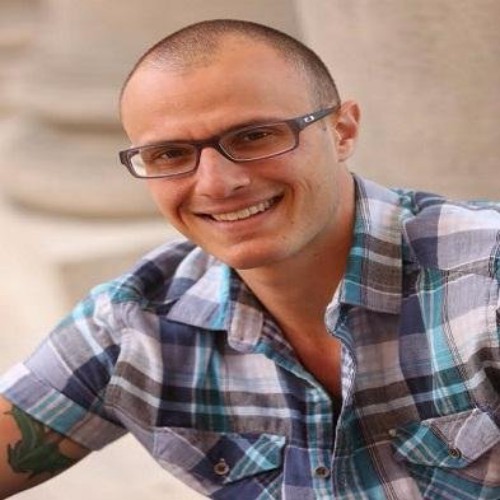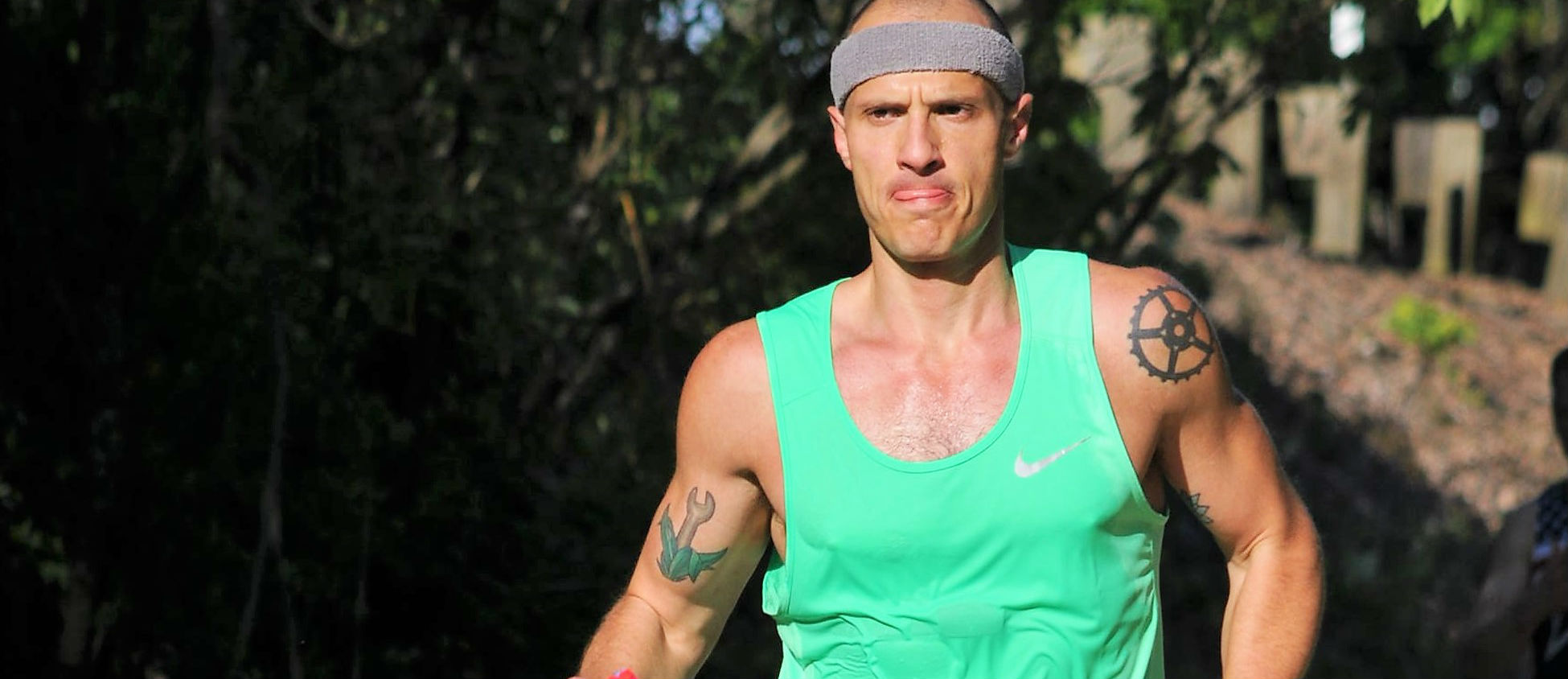Changing gender roles are key to accelerating the culture shift around changing the way we work and live. Redefining Masculinity is an editorial package that investigates what it means to be a man in 2017—and beyond. As part of it, we’re asking a wide range of men across industries, ages and background to answer 6 questions about what masculinity means to them. Read more about the project here. Below, find the responses from Brad Stulberg, author of Peak Performance: Elevate Your Game, Avoid Burnout, and Thrive with the New Science of Success.
THRIVE GLOBAL: How would you define masculinity?
BRAD STULBERG: A mix of the following traits: wisdom, real toughness—not machismo acts of strength but composure, clear-headedness, and stability in the midst of uncertainty —vulnerability, humility, and authentic self-security.
TG: Who in your life shaped your view of masculinity?
BS: The late author and humanist thinker George Leonard. When I first read Mastery and The Way of Aikido just a few years ago, I felt like I was connecting with a similar soul, only he could so clearly and eloquently state the thoughts and emotions I was wrestling with. He really made me realize that “hard” and “tough” aren’t nearly as effective of operating systems for living as “open,” “thoughtful,” and “deliberate.” So many of the most outwardly “manly” (at least by traditional definition) men aren’t all that manly at all. They are just trying to mask their insecurities.
TG: Was there a particular moment when you felt you’d become a man?
BS: No, not one particular moment. I think it’s been an ongoing evolution and I know I still have a ways to go.
TG: How has society’s view of men changed since you were a kid?
BS: So I’m 30 years old, which I guess means I was a “kid” only a decade or so ago. Back then, I thought “being a man” was about being the star of the football team, bench-pressing a lot of weight, not showing much emotion and certainly not fear. I’m not sure how much that’s changed to be honest. I guess you’d have to ask a middle-school or high-school kid. On the one hand, I do sense more and more of my contemporaries are starting to appreciate a definition of masculinity similar to what I wrote above. On the other, look at who, in theory, is the most powerful man in America. To me, the President isn’t very manly at all. But his supporters probably feel quite the opposite.
TG: Does masculinity influence your work? If so, how?
BS: I try to live the traits I laid out. I write from a place of vulnerability and humility. I know I’ve got a lot of work to do on myself and I also know there is a lot I don’t know. I also try to be tough in tough situations – that is to say, thoughtful, clear-headed, and deliberate.
TG: What do you think children should be taught about masculinity?
BS: Those who feel the need to outwardly project strength are often weakest. Those who admit their weakness are often strongest. Once you realize Superman is a fictional character, it’s a lot easier to feel OK in your own skin—and once you feel OK in your own skin, you become a lot stronger. Also, be kind.
Brad Stulberg researches, writes, and coaches on health and the science of human performance. He is co-author of Peak Performance: Elevate Your Game, Avoid Burnout, and Thrive with the New Science of Success and a columnist for Outside and New York Magazine.


